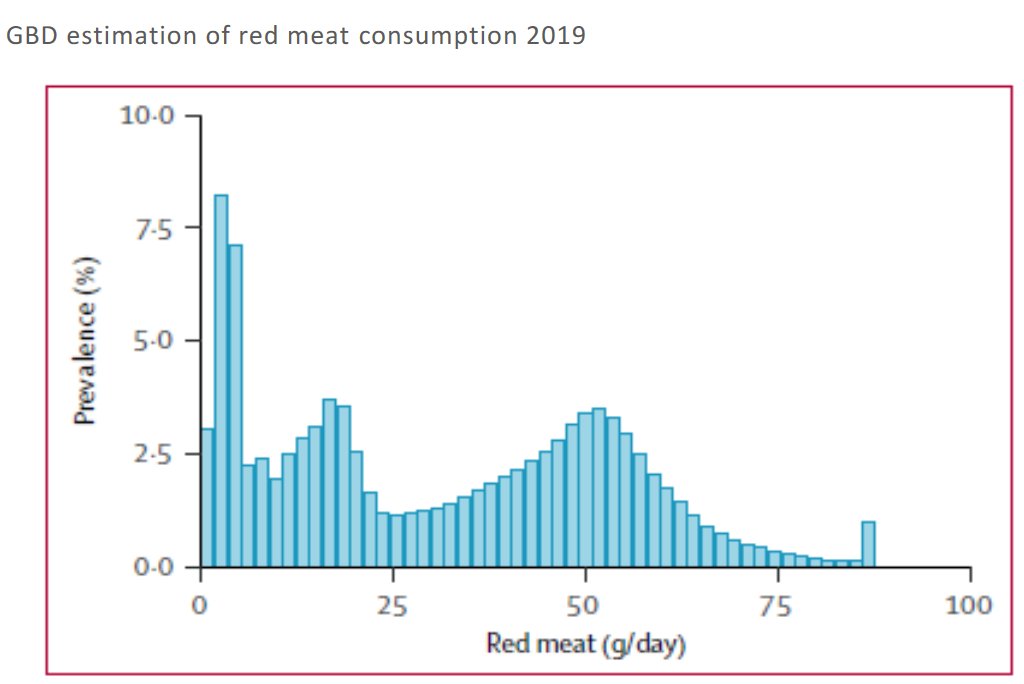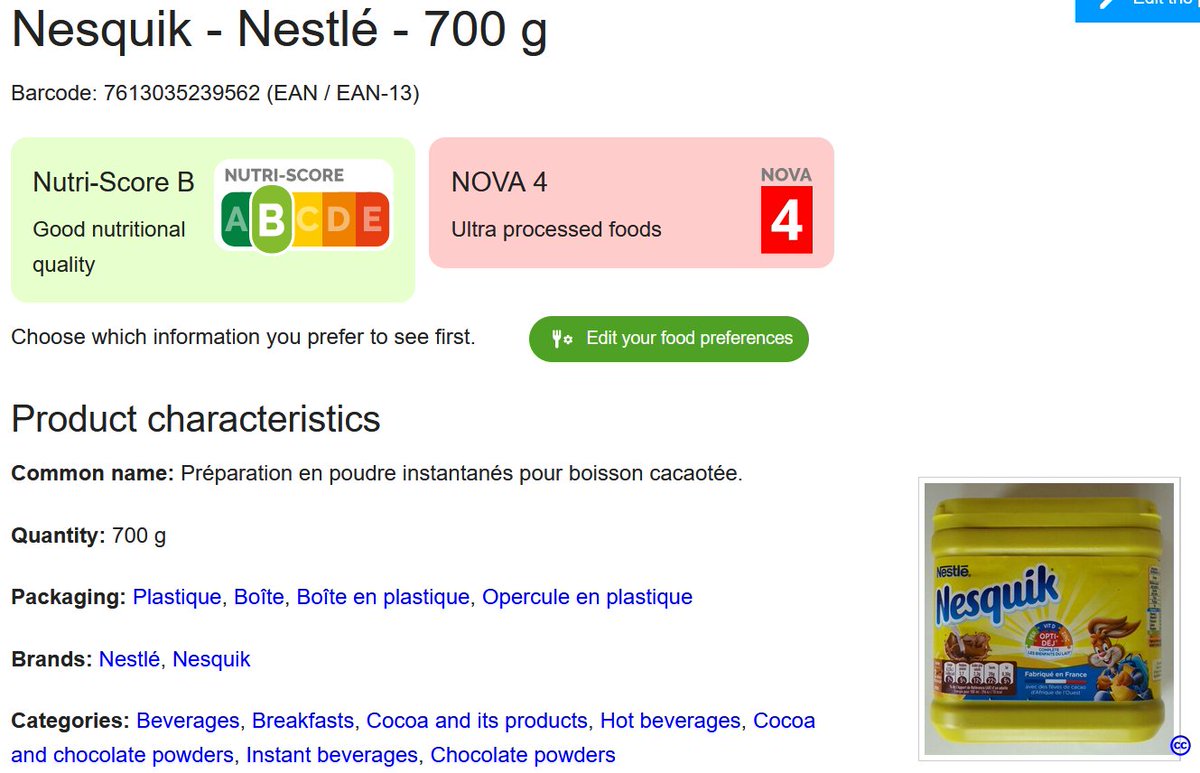
Recommendations on red & processed #meat: "When only low certainty evidence is available [.] guideline panels should refrain from making strong recommendations & [encourage] individual decision making based on absolute estimates of effect"
Article 👉 sciencedirect.com/science/articl…
Article 👉 sciencedirect.com/science/articl…
https://twitter.com/methodsnerd/status/1417462411469144065
"The ease with which one can distinguish justified belief from opinion varies across scientific disciplines [...] Epidemiology and clinical epidemiology lie closer to the latter than the former" sciencedirect.com/science/articl…
"the most vocal nutritional epidemiologists argue that GRADE is applicable only to contexts in which randomized trials are feasible. [A proposed] alternative is the NutriGrade method, for which the lead author now endorses GRADE over his own alternative approach" 💣
But: GRADE *can* find moderate certainty evidence for dietary scenarios (e.g. "short-term low carbohydrate and Mediterranean dietary patterns to reduce weight & blood pressure (surrogate outcomes)", but the case for red meat is simply weak to very weak.
"Given absolute risks [] are the standard approach for reporting magnitudes of treatment or exposure effects in guidelines, a source of major confusion is prior failure of dietary guidelines to highlight, or even report, the very small absolute risk reductions"
• • •
Missing some Tweet in this thread? You can try to
force a refresh












